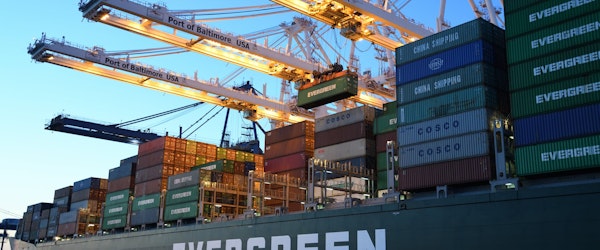
Cyber Threats Hit Home as MSC Antonia Grounding Exposes Maritime Vulnerabilities in MENA
Monday, June 2nd, 2025 Insurance Industry Marine Risk Management TechnologyThe recent grounding of the MSC Antonia near the Eliza Shoals off Jeddah has spotlighted growing cyber risks facing the maritime sector, especially in the Middle East and North Africa (MENA). Early analysis suggests that GPS jamming may have caused the vessel’s navigational failure, pointing to a potential cyber-physical attack. Luke Pordham of Lockton MENA emphasized the seriousness of these threats in a region critical to global trade, underscoring the gap between cyber threats and current marine risk transfer practices.
Pordham stressed that cyber risk in the maritime industry has evolved beyond data breaches, with attackers now targeting vessel navigation and control systems. Structural vulnerabilities—like reliance on legacy operational technology and poor cyber hygiene—make ships and ports increasingly susceptible to sophisticated digital interference. Notably, incidents such as the NotPetya malware attack and the 2021 cyberattack on Iranian ports have shown the high cost and cascading impact of such events in this region.
The MSC Antonia incident may mark a turning point, potentially being one of the first high-profile vessel groundings linked to cyber interference. This challenges traditional assumptions in marine underwriting and brings regulatory scrutiny into sharper focus. Maritime authorities, including those in the UAE and Saudi Arabia, are tightening cybersecurity regulations in alignment with IMO Resolution MSC.428(98).
As insurers respond with clearer cyber exclusions in marine policies, many operators remain unaware of their exposure. Pordham advised that reviewing existing policies and considering specialized cyber insurance is essential. He concluded that maritime cyber resilience requires an enterprise-wide approach—combining operational controls, insurance coverage, and regulatory compliance—to effectively manage this evolving threat landscape.





